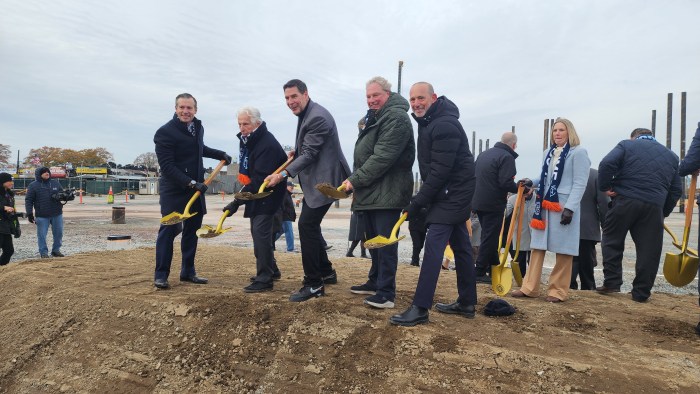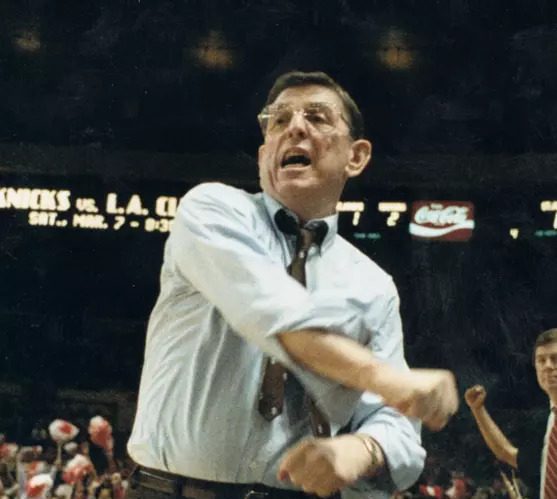By Zach Gewelb
The end of the Mets’ 2017 season means its time for their postseason report card.
It’s no secret the Mets had a down year, but there were some bright spots for organization. While the team dealt with a plethora of injuries at the Major League level, top prospects had an opportunity to make a positive first impression.
With that said, here’s how the Mets fared on their report card this season.
Offense: C+
Despite the team’s inability to string together wins, the Mets actually fared pretty well, offensively. The team ranked 19th in the league in runs scored with 735 and slugged 224 home runs, which was the eighth-highest total in the league.
But the Mets lacked discipline at the plate, which is why they ranked in the middle of the pack in on-base percentage (18th in the league with a .320 mark). They were also one of the slowest teams in the league, ranking 27th out of 30 in stolen bases (57).
The Mets’ numbers were lower than anticipated due to injury. Yoenis Cespedes, expected to be the team’s offensive leader, only played in 81 games this season. Michael Conforto had an All-Star season, but only played in 109 games before being shut down due to injury. The team also lost the production of Jay Bruce and Neil Walker — both shipped off in mid-season trades — which limited the team’s offense at the end of the season.
The Mets had a pretty decent year offensively, but there’s plenty of room for improvement next year.
Pitching: D
What was supposed to be the team’s biggest strength became its downfall. The Mets’ pitching was atrocious this season. The rotation lost Noah Syndergaard, Matt Harvey, Zack Wheeler and Steven Matz for long stretches and their replacements could not provide adequate production in their stead.
The Mets ranked 28th in the league with a 5.01 team ERA, and 26th with 62 quality starts. The pitching staff was wild all year, walking 593 batters and allowing opposing teams to hit a collective .273 on the season. The team ranked in the bottom five for both categories.
Jacob deGrom had another strong year, going 15-10 with a 3.53 ERA, but only he and reliever Jerry Blevins finished with an ERA under 3.60 for the year among qualified players.
Health will go a long way in determining the level of success the Mets’ pitchers will have next year. But a healthy staff is no guarantee, so the Mets would be wise to add some quality pitching depth to their roster to avoid another disastrous season on the mound.
Coaching Staff: D
The Mets entered the year with postseason expectations and instead limped to the finish line with a 70-92 record. A lot of that falls on the players, but the coaching staff must get some of the blame, too.
The training staff couldn’t keep the players healthy, and those who were injured were often rushed back before they were ready at the discretion of the trainers, which led to more injuries. The incompetence of the Mets’ training staff has been well-documented, but the Mets are planning on rebuilding the staff after parting ways with head trainer Ray Ramirez.
Terry Collins is out as the manager after seven years and will move into a front office role. He wasn’t the team’s biggest problem, but it became clear this year he was no longer the man to lead the Mets moving forward.
The team also fired pitching coach Dan Warthen after 10 years with the team. The pitching staff’s lack of success does not fall directly on him, but he did little to improve the pitchers as the season progressed.
The Mets went from 87 wins in 2016 to just 70 in 2017. Injuries played a key role in their fall, but the coaching staff is responsible for not getting the most out of their players. Collins and Warthen paid the price and the Mets staff will have a new look in 2018. Only time will tell if the replacements can do any better.
Reach reporter Zach Gewelb by e-mail at zgewe



































